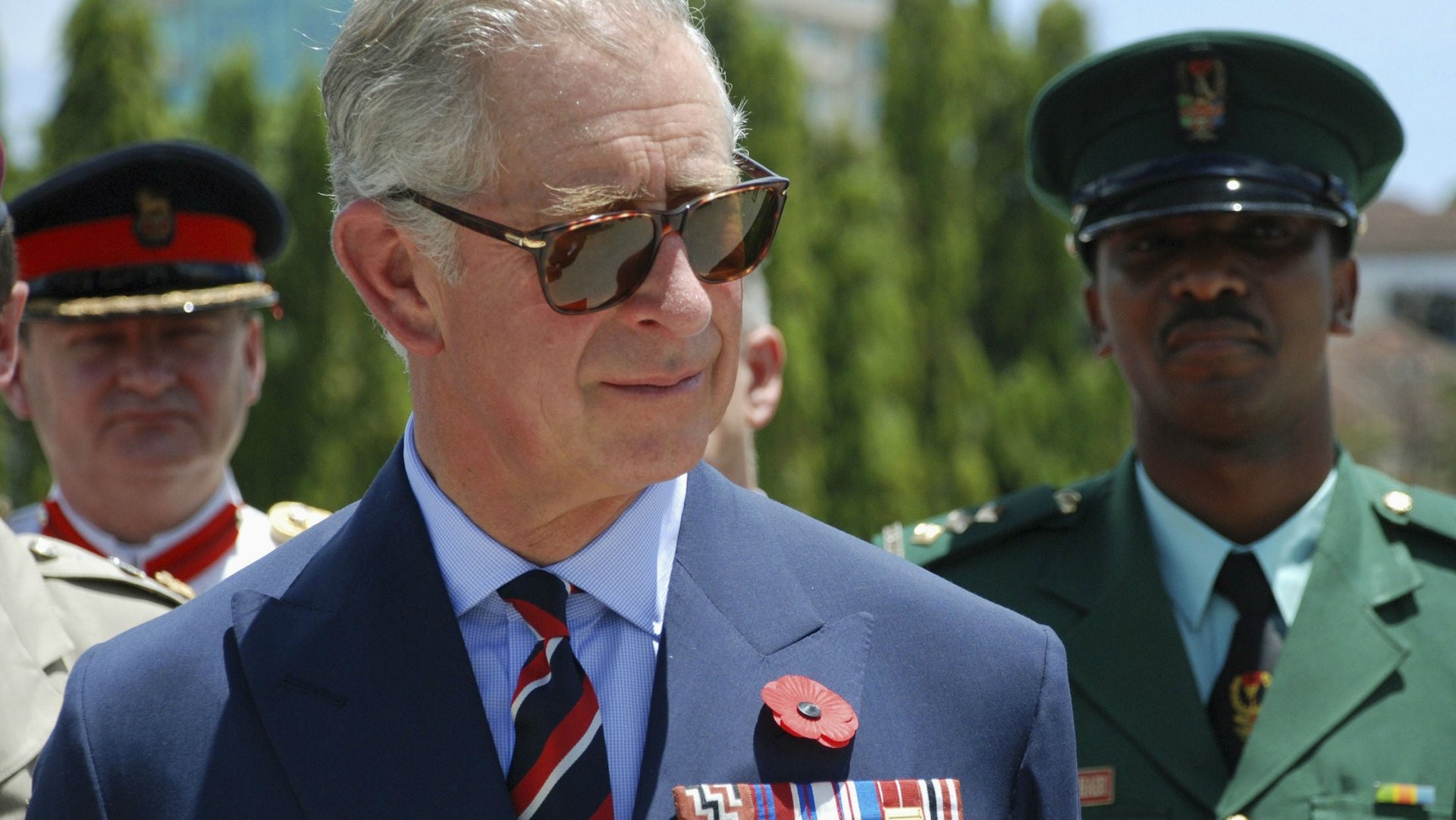It’s the British, not the Chinese, that US companies in Tanzania should fear
Tanzania has become something of an object of rivalry between China and the US. Foreign firms have been attracted to the East African country because of its fast growing economy (it expanded 6.9% last year), relatively stable politics, and the recent discovery of offshore natural gas deposits. In March, China’s president Xi Jinping stopped in Dar es Salaam on his first diplomatic tour and signed over a dozen trade and diplomatic agreements. About three months later, Barack Obama made a stop in the same city and pledged $7 billion to upgrade the country’s electricity infrastructure.


Tanzania has become something of an object of rivalry between China and the US. Foreign firms have been attracted to the East African country because of its fast growing economy (it expanded 6.9% last year), relatively stable politics, and the recent discovery of offshore natural gas deposits. In March, China’s president Xi Jinping stopped in Dar es Salaam on his first diplomatic tour and signed over a dozen trade and diplomatic agreements. About three months later, Barack Obama made a stop in the same city and pledged $7 billion to upgrade the country’s electricity infrastructure.
But Sino-US competition over East Africa’s second largest economy is misplaced, according to Tanzania’s president Jakaya Kikwete. That’s because another country has already outpaced the no. 1 and no. 2 world economies when it comes to money and influence in the country. At a conference in Washington, DC last week, Kikwete told US lawmakers, ”I would like to assure you that there is no interference by the presence of Chinese companies in Tanzania,” Kikwete said. “Perhaps, USA…companies should fear the UK in terms of investment.”
Even though China replaced the US as Tanzania’s fourth largest investor last year, they’re both well behind Great Britain. UK firms like oil and gas company BG Group and brewer SABMiller have plowed a total of $4.7 billion into the country, making the UK the country’s largest foreign direct investment contributor in 2012. As much as 60% of foreign investment in Tanzania is British, according to the UK’s former High Commissioner to the country. (Behind the UK were India and Kenya, the base for many multinationals that work in East Africa.) China contributed $1.4 billion and the US $950 million.
Kikwete’s words could be aimed in part at goading the US to ramp up investment and overtake China once again. In July, Tanzania’s envoy to the US said that US companies were getting left behind “not [only] by the Chinese, but by the Brazilians, the British, the South Africans, the Germans, you name it.”
Either way, the country is still getting a healthy does of investment as it transitions to a more market-based economy from its state-led roots, builds up its infrastructure, and deals with rural poverty and a high rate of HIV/AIDS. China is building a natural gas pipeline in the country and just announced plans to invest in its cotton production. Investors are also likely to be attracted to other fast-growing sectors in the country like mining, telecom, and now natural gas. In total, Tanzania expects foreign direct investment to increase 10% from the $13 billion it was last year.